Modi Writes 'Golden History' Launching Hindu Temple On Kashmir Anniversary
Indian Prime Minister Narendra Modi said "golden history" was written Wednesday as he launched construction of a new Hindu temple at a flashpoint religious site that has sparked some of the country's bloodiest sectarian violence.
The colourful ceremony in Ayodhya, with Modi surrounded by saffron-clad priests, came on the first anniversary of the removal of the special status enjoyed by divided Kashmir, India's only Muslim-majority region.
For his Hindu nationalist supporters, both steps confirm Modi as a decisive, visionary and heroic leader -- and India's most important in decades.
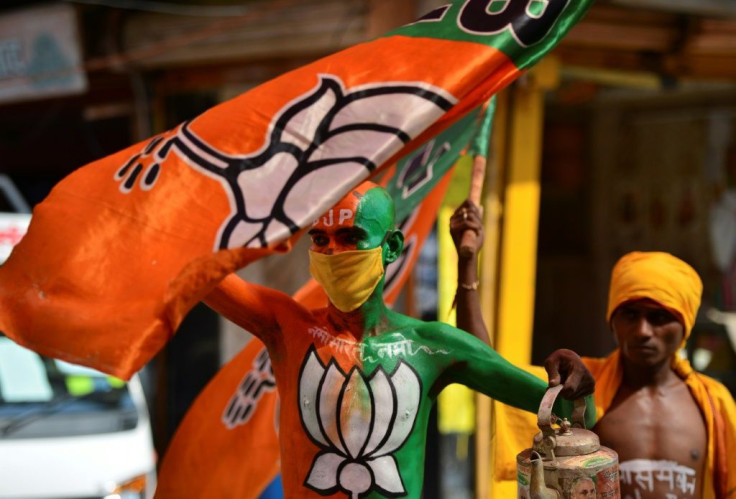
His critics see him as remoulding the officially secular country of 1.3 billion as a Hindu nation at the expense of India's 200 million Muslims, and taking it in an authoritarian direction.
"Modi has certainly been India's most transformative leader in recent memory," Michael Kugelman, from the Wilson Center, told AFP, making him "wildly popular, but also highly controversial and quite divisive".
The holy city of Ayodhya in northern India has long been a religious tinderbox, providing the spark for some of its worst sectarian violence.
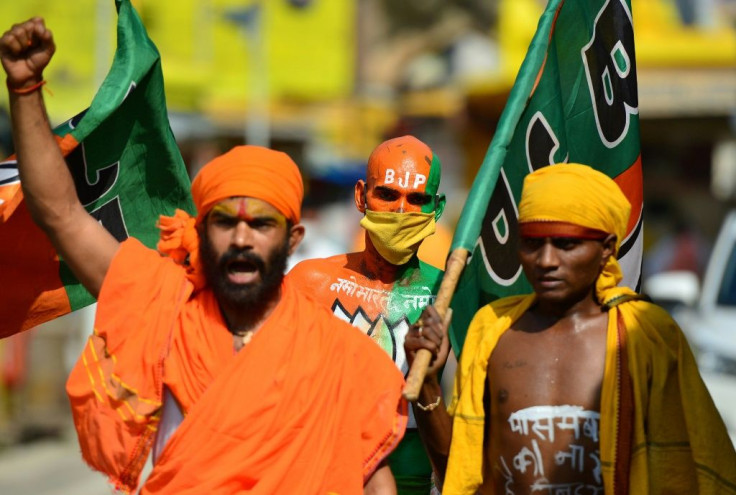
In 1992, a Hindu mob destroyed a centuries-old mosque there that they believed had been built on the birthplace of Ram, an important deity.
This triggered religious riots that killed 2,000 people, most of them Muslims.
A lengthy legal battle ensued, but in November India's top court awarded the site to Hindus, allowing a temple "touching the sky" to be built on top of the ruined mosque.
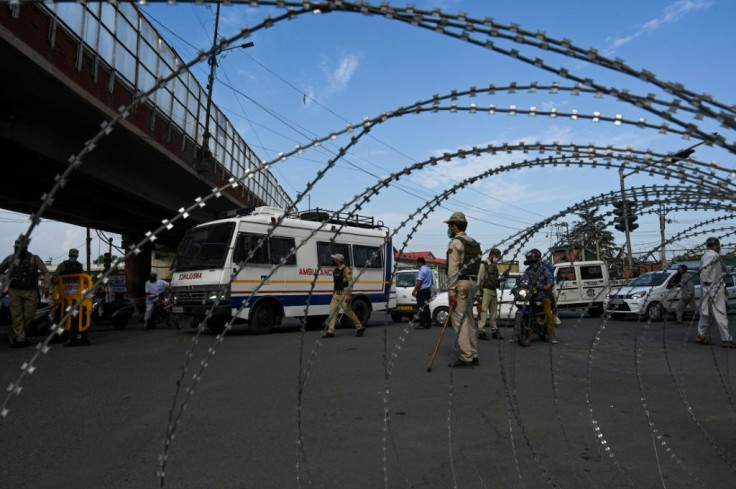
Wednesday's elaborate religious ceremony, involving priests in saffron masks, bricks made of silver and 135 living saints, was broadcast live on television.
Images that appeared to show how the temple would look like when completed were displayed in New York's Times Square.
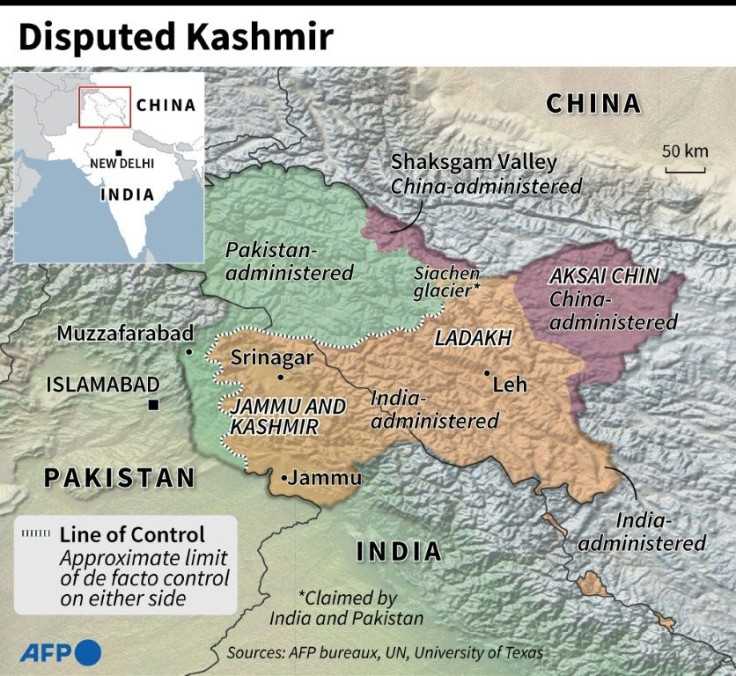
Small celebrations took place across India including in Pune where people danced around a Ram statue and in Amritsar where Bharatiya Janata Party (BJP) youth members burned crackers.
Modi, 69, sharing a stage with the head of the RSS militaristic hardline Hindu group, compared the building of the temple to India's struggle for independence from Britain.
"Just as 15 August (Independence Day) symbolises the untiring tenacity, millions of sacrifices and the fervent desire for freedom... similarly this day reminds of the sacrifice made by several generations... for the Ram temple," he said.
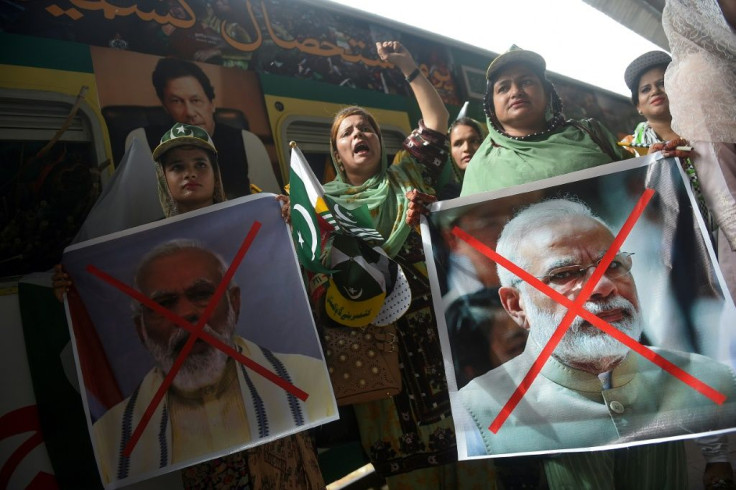
"A wait that lasted centuries is ending today. Golden history has been scripted."
Modi's biographer, Nilanjan Mukhopadhyay, told AFP earlier that the premier was looking to "make his position permanently in history" on the strength of this temple.
Further cementing his place in the country's annals is his action on Kashmir, divided between India and Pakistan since 1947 and the spark of two wars and much bloodshed.
The BJP had long seen the special status enjoyed by the part of Kashmir controlled by India as a historical wrong, and on August 5 last year, Modi abolished it.
An accompanying security operation turned the region into a fortress for weeks, with all telecommunications cut and thousands taken into custody.
Even now, India has "maintained stifling restraints on Kashmiris in violation of their basic rights", according to Human Rights Watch.
People from outside Kashmir are now allowed to buy land for the first time, igniting fears Modi wants to change the region's demographic makeup with an Israel-style "settler" project.
Fearing protests ahead of the anniversary, thousands of Indian troops imposed a tight curfew in Kashmir and the streets were largely deserted.
But in Pakistan-administered Kashmir, Prime Minister Imran Khan led a rally as "solidarity marches" took place in major cities.
"India stands exposed before the world, yet again, as an oppressor and aggressor," Khan said in a statement.
Other actions have also alarmed Modi's critics and delighted his fans.
Last year, a new law made it easier for millions of illegal immigrants from three neighbouring countries to get citizenship -- but not if they are Muslims.
"Clearly, it's full speed ahead with the Hindu nationalist agenda," Kugelman said.
© Copyright AFP 2024. All rights reserved.





















